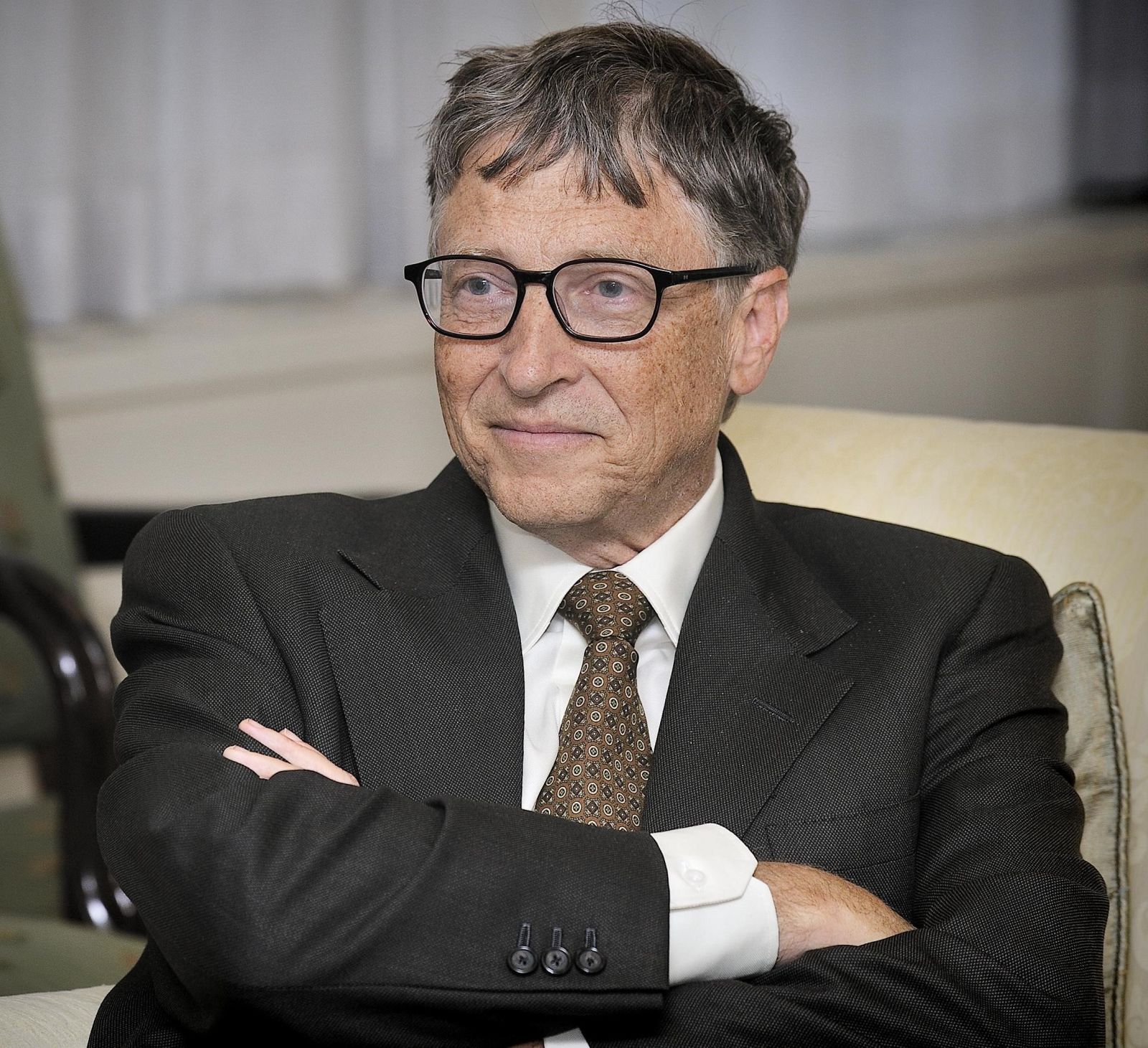Introduction
Bill Gates and Alzheimer: a new $1M global competition aims to accelerate Alzheimer’s research by using agentic AI to surface promising leads and provide open tools for researchers.
Context
A $1 million global contest launched to promote innovative uses of AI in Alzheimer’s research. Organized by the Alzheimer’s Disease Data Initiative (ADDI) with support from Bill Gates and partners, the contest targets agentic AI capable of autonomous reasoning and decision-making to process vast research and data resources.
What the prize funds and how it works
The competition awards $1M for solutions that employ agentic AI to explore literature and data. The winning tool will be publicly available through the ADDI AD Workbench, enabling global researchers to collaborate and analyze results.
"AI has the potential to revolutionize the pace and scale of dementia research — providing an opportunity we cannot afford to miss out on, especially with so many lives at risk."
Niranjan Bose, Interim Executive Director, Alzheimer’s Disease Data Initiative / Gates Ventures
Problem
Alzheimer’s is biologically complex with multiple pathways and varied causes, which has made therapeutic and diagnostic progress slow despite extensive research. The FDA-approved treatments and blood-based diagnostics arrived only after many decades of work.
Solution / Approach
The contest focuses on agentic AI to sift literature and datasets for overlooked leads and hypotheses. Key elements:
- autonomous agents synthesizing research
- identification and prioritization of novel leads
- public release via AD Workbench to support global research collaboration
Expected impact
Practical aims include speeding discovery and validation of therapeutic targets, expanding access to analytic tools, and reducing duplicated efforts across research groups.
Human context and background
Bill Gates announced the ADDI effort in November 2020 after his father died from Alzheimer’s; Gates has emphasized the growing burden (more than 7 million people in the U.S.). The recent death of Jackie Bezos from Lewy Body Dementia highlights the wider societal impact of dementia.
Limits and risks
Not all AI-generated hypotheses will translate to clinical value; experimental validation is required. Agentic AI also raises concerns about interpretability, data bias, and governance.
Conclusion
The $1M contest backed by Bill Gates seeks to combine advanced computational approaches with open science practices to accelerate Alzheimer’s research and release tools for the international research community.
Snippet: $1M global contest using agentic AI to accelerate Alzheimer’s research and provide an open research tool
FAQ
- What is the Bill Gates-backed competition for Alzheimer’s? A $1M global challenge awarding agentic AI tools that can surface research leads and be shared via ADDI’s AD Workbench.
- Who runs the contest and hosts the winning tool? The Alzheimer’s Disease Data Initiative organizes the contest and will make the winning tool available on the AD Workbench.
- How can agentic AI help Alzheimer’s research? By autonomously analyzing literature and data to identify overlooked hypotheses and prioritize promising leads for validation.
- What are the main limitations of AI approaches for Alzheimer’s? They require experimental validation and can reflect biases in source data, posing challenges for interpretability and governance.
